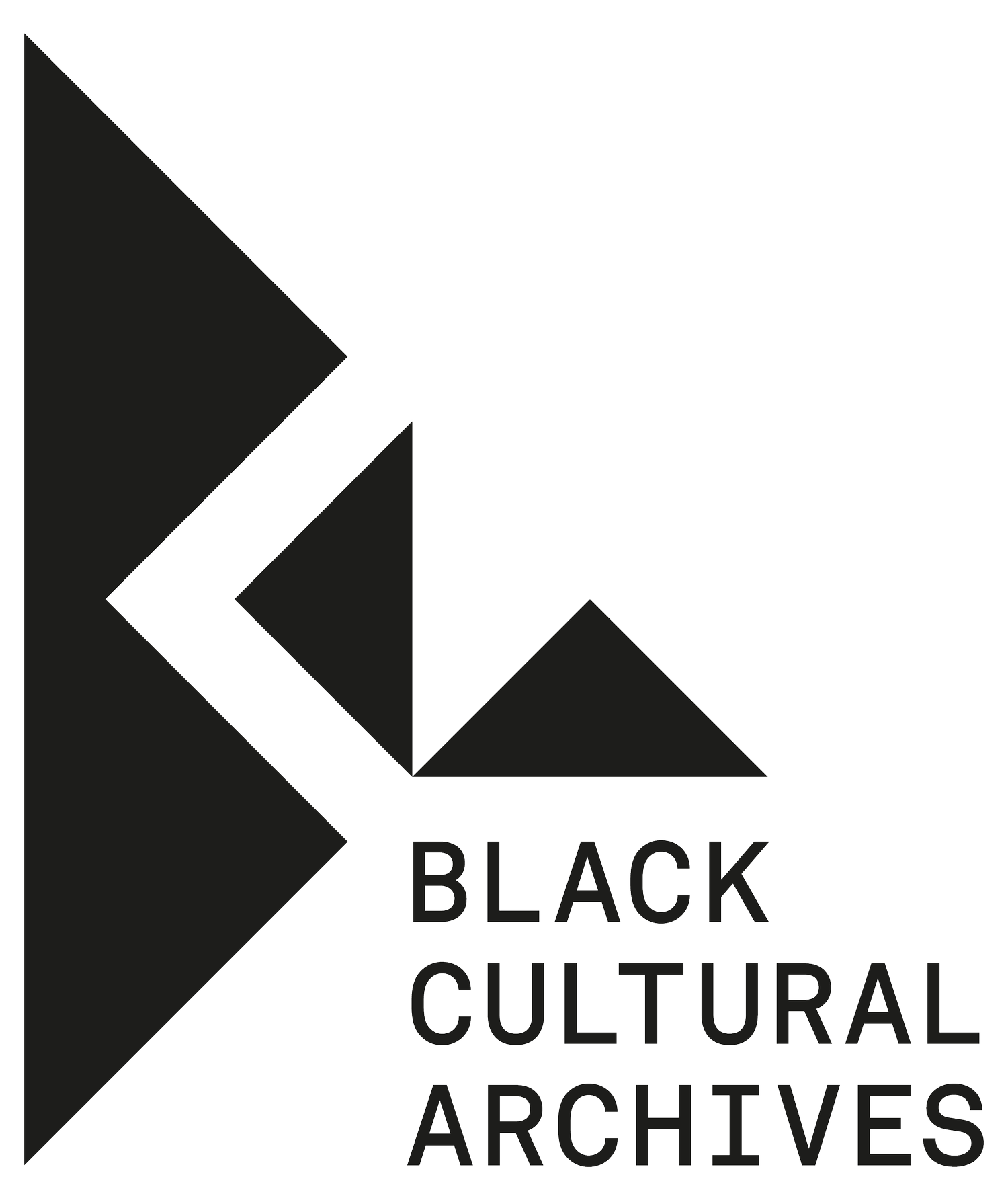
RACHEL RILEY
Director of Network Development
Rachel Maxine Riley carries with her almost three decades of experience at British Airways, yet she still speaks about her work with the energy of someone who is just beginning. As Director of Network Development, she leads the team that decides where BA flies, a role that places her at the very heart of the airline’s global strategy. But Rachel’s story is not simply about routes and aircraft. It is about resilience, responsibility, and the unshakable pride of knowing where she comes from.
Her journey began with numbers. A maths degree, a placement year in BA’s Operational Research function, and a master’s in the same discipline gave her an analytical edge. “Every role I’ve taken, I can point to change that I’ve delivered,” she says with quiet certainty. “I’ve left it better than I found it.” From analysis to commercial leadership, from launching new routes across the Americas to reshaping BA CityFlyer’s commercial organisation, Rachel has built her career on making visible impact.
Yet even with this track record, she knows the road for her has had a few bumps and bruises along the way. When talking about allyship, development and more, Rachel references the unspoken litmus test in the world of work “If you were a white man, would you have been promoted faster, given opportunities sooner, pushed up the ladder differently,” if yes, then that is when to stand firm. Too often, Rachel has felt her expertise has been questioned, her judgment second-guessed in ways some of her peers would not have faced.
These experiences have sharpened her clarity about bias in the workplace. She does not tell her story from a place of bitterness, but from a sense of duty. “The real barrier to progress isn’t lack of programmes, it’s the unwillingness to have difficult conversations about bias. When someone tells you they weren’t listened to, don’t get defensive. Just listen. If we can’t face those truths, we won’t change.”
What has helped Rachel stand firm is the foundation of her heritage. Raised in Jamaica during her formative years, she grew up in an environment where expectation was high and possibility had no limits. “My teachers told me I was bright and that I could achieve great things. In Jamaica, girls grow up seeing women lead. You’re called ‘boss lady’ on the street. You don’t walk around thinking your gender or the colour of your skin limits you.” That sense of boundless potential stayed with her when she returned to Britain, even when structural inequalities became visible. It shaped how she showed up at work, not as someone waiting for permission, but as someone who knew she belonged.
Her leadership has always carried that dual edge of resilience and responsibility. She lives by the serenity prayer: courage to change what can be changed, serenity to accept what cannot, and wisdom to know the difference. She passes that lesson to her teams, encouraging them to act with bravery when change is possible, and with peace when it isn’t. To her, allyship also demands courage, not asking those impacted to call out bias, but stepping in yourself when you see it.
Rachel distils her advice to future generations into three lessons: get to know yourself, be brave, and be kind. Courage is essential, every step forward uses it. But so is kindness, kindness toward yourself and others. And if you don’t know who you are, you’ll never know where you’re heading.
When asked what standing firm in power and pride means to her, Rachel answers with the weight of history: “I come from a generation of fighters. My ancestors went through struggles far greater than mine. For me to be here, I know I come from warriors. That gives me strength. That’s what standing firm is, holding your shoulders back, lifting your head, knowing you are not here by accident but by legacy.”
Rachel is quick to acknowledge the people at work who inspire her most: the teams she has led. “They’ve been my biggest advocates. They’ve taught me what leadership truly is.” And when she thinks about her legacy at BA, it isn’t about titles or projects. “I want people to feel good when they think of me. To remember that I made a positive impact on their work, their growth, and the culture around them.”
Her message to future Black colleagues is one of fire and faith: remember how far you’ve already come, and know that you carry the strength of generations behind you. Do not let bias define your story. “You’ve already put in the hard work to get here,” she says. “Stand tall. Don’t stop now.”


